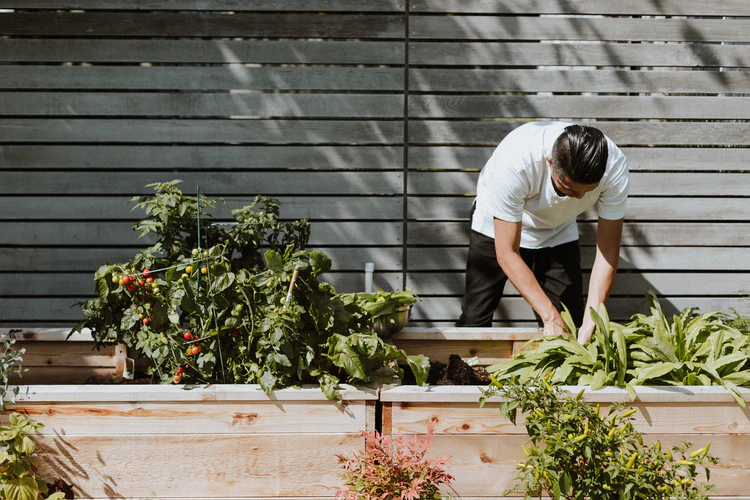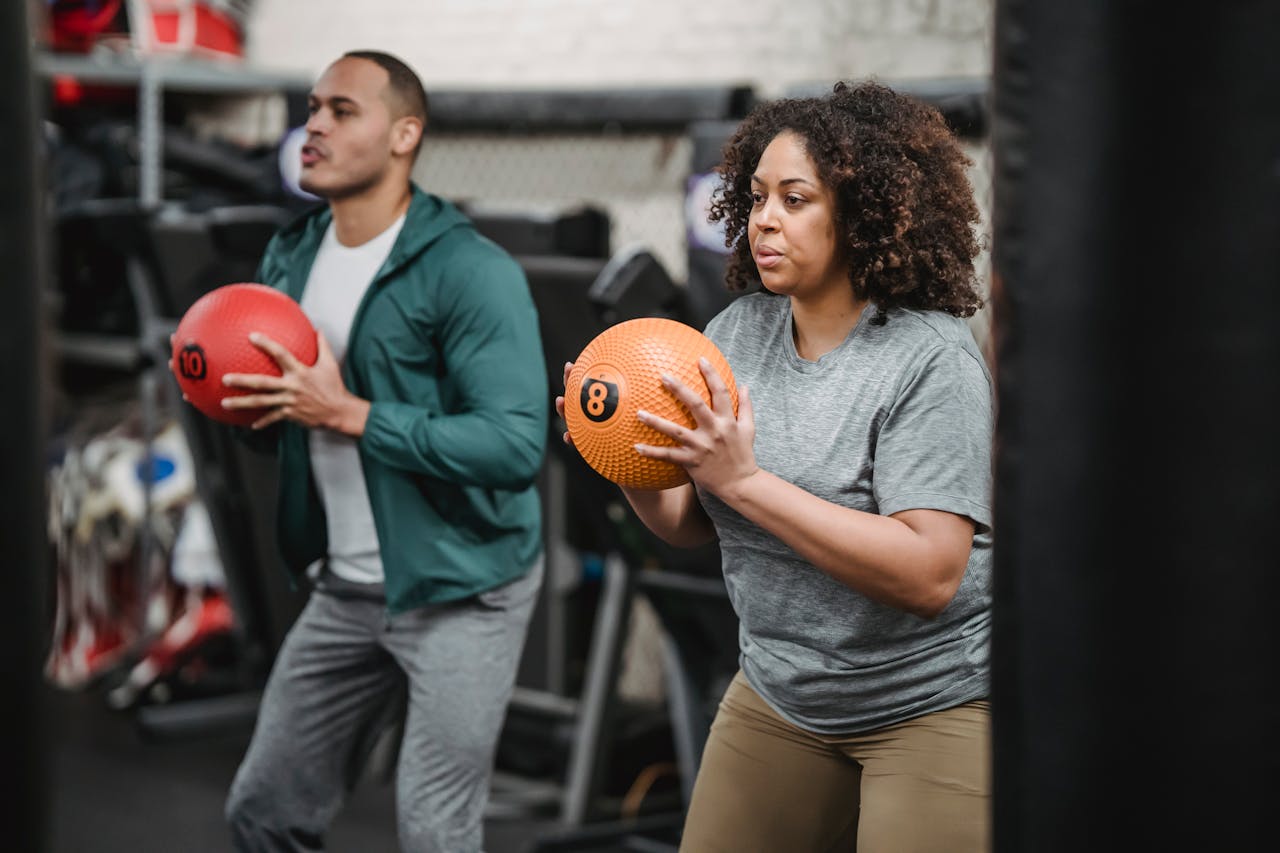Trending News
Vegetable Gardening Know-how: A Basic Guide for Neophyte Gardeners

(Photo : Vegetable Gardening Know-how: A Basic Guide for Neophyte Gardeners)
It is no wonder that when you take care of some things, they last like your mobile phones, or your toy collection, or even your home decorations. The same goes for gardening. Sure, you probably started gardening as a hobby, or you've been talked into creating one. But in the long run, you'll know that it is a lifetime commitment.
When gardening, you need to consider a lot. From your home space to overall expenses, it is genuinely not a one-time activity, and you should be entirely hands-on in every aspect of it. Otherwise, your garden may not blossom as to how you expected it. But with the right knowledge and tools, you will be reaping what you sow in no time.
With all that being said, the question now is how you will start your garden and the factors you need to consider. Read below to find out the perfect beginner's guide in creating your garden.
Plan Ahead
Having a plan for whatever you put your mind into is not an understatement. Planning is the foundation and the blueprint of all that is to happen. So, if you want your garden to be a success, you need to plan ahead of time. This not only includes what seeds to plant but also how often you'll water them, the fertilizer you'll use, the tools needed, and more.
Also, when planning your garden, keep in mind as well as the expenses. Try to budget your money in a way that you will benefit from it. In other words, don't be blinded by sales on gardening tools, especially if you don't need one. Consider your area as well when planning. How much space will your garden take? Is your location suitable for starting a garden? These are just some of the things you need to take down.
Vegetables Fit For Your Garden
After having a thorough plan for your startup garden, the next thing is to choose what vegetables you will plant. Below are some of the easiest vegetables to grow in your home garden:
-
Garlic. It will help if you learn to grow your own garlic because its growth is simple and straightforward. It is a preference to plant the garlic's bulb. In this way, growth would be optimal.
-
Tomatoes. Arguably the most common vegetable to grow in your garden, tomatoes can give plenty to give come harvest time. Also, there are many tomatoes, and the best one fit for your garden are cherry tomatoes.
-
Potatoes. Potatoes can thrive in your garden from February to March. You only need potato bags and compost. Also, potatoes are low maintenance; all you need to do is water them regularly.
-
Carrots. A perfect carrot harvest needs soft soil loose, and you should plant them during the cold seasons. Moreover, you need to make sure that your carrot seedlings are thin to avoid crowding and grow properly.
-
Lettuce. Lettuces are best grown during spring and fall. They start from seeds and will give you a tremendous amount of leafy greens during the harvest. Leaf lettuce is the easiest to grow because you need not wait for it to form its head.
Consider Your Location
Another fundamental thing to consider is the area in which you want to start your garden. This may be obvious to you, but some beginners tend to disregard this factor. What should be looked into when talking about location? First, know the hardiness zone of your area. To simply put, a hardiness zone map is a map that compares the garden climate of every state.
Knowing your state's garden climate through the hardiness zone map can give you a headstart on what vegetables to plant in your garden. Second, keep in mind the predominant weather in your area for this, too, will help you in choosing the best crops to plant.
Physical Benefits of Gardening
There are many benefits gardening can give to your body. One is that it can burn calories. The amount of time you spend on digging, planting, sowing, and all those manual labor you do while attending to your garden can burn your calories and is eventually good for your heart. Also, gardening can improve your hand's strength and agility.
Other physical benefits of gardening include a boost in vitamin D. Regular exposure to sunlight while plowing your garden can give you a daily dose of vitamin D, which is needed to increase calcium level. Finally, having your garden is a sign of a healthier body because you know that you are getting and eating fresh vegetables coming from your harvest.
Psychological Benefits of Gardening
While gardening can benefit you physically, it can also do good in your psychological health. Researchers found out that gardening can help boost your mood, increase your self-esteem, reduce stress, decrease your anxiety level, and strengthen the family connection. All these benefits just by investing in your home garden!
Takeaway
Gardening may be an underappreciated activity, but gardening has its share of benefits and advantages in the long run, especially if we do it right the first time. The thing you need to remember the most when starting your home garden is to show commitment from start to finish.
* This is a contributed article and this content does not necessarily represent the views of counselheal.com









Join the Conversation